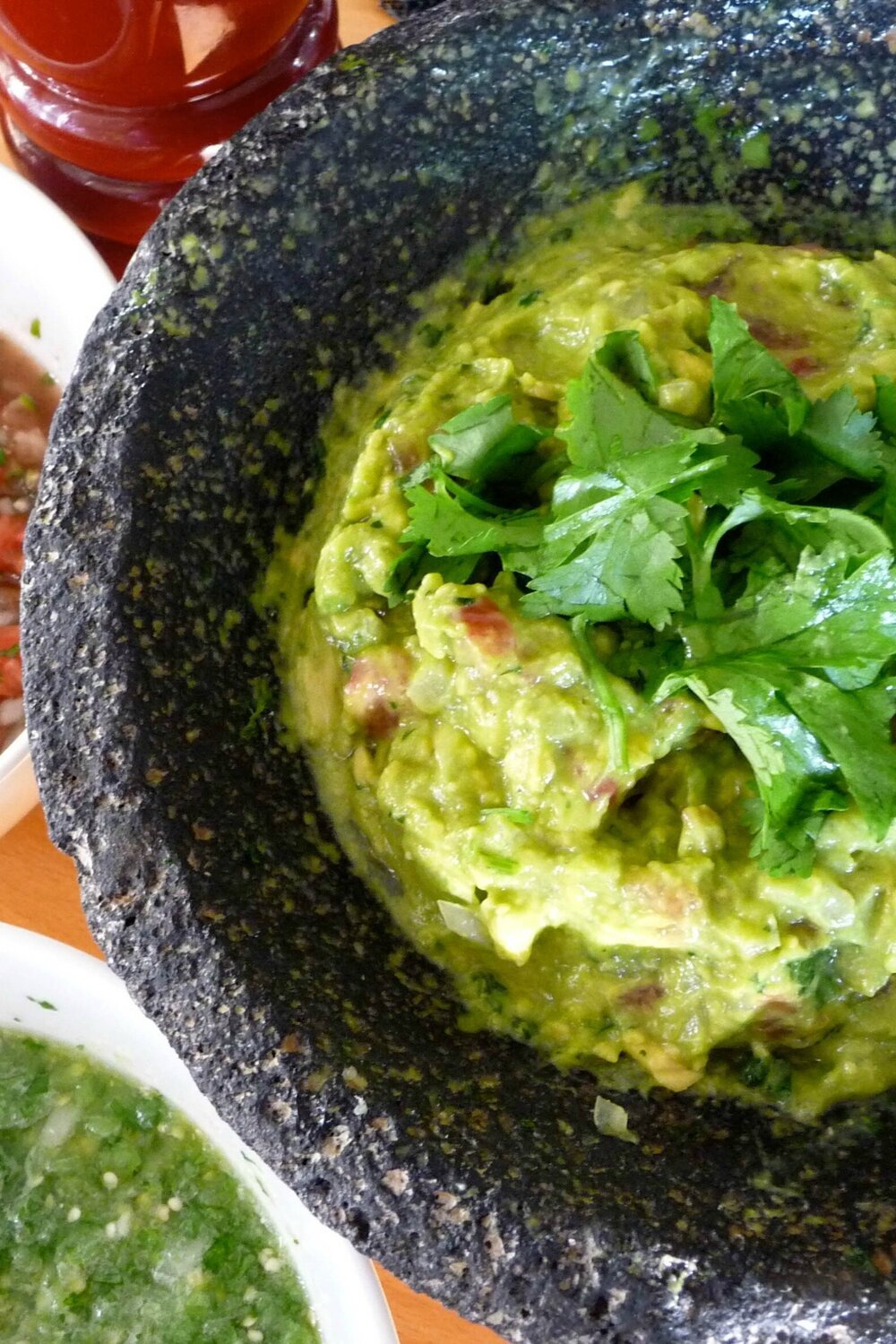By Leslie Brenner
Editor’s note: Women have a history of writing the best cookbooks. That’s why throughout March — Women’s History Month — we’ll be featuring cookbooks by our favorite female authors.
International Women’s Day feels like exactly the right part of Women’s History Month to celebrate Diana Kennedy. The trailblazing cookbook author — who turned 98 last week — has devoted no less than six decades of her life to studying and documenting the richness, tradition and techniques of the regional cuisines of Mexico.
If you haven’t seen Elizabeth Carroll’s 2019 documentary about her, “Nothing Fancy,” do treat yourself. The 1 hour, 8 minute film does a wonderful job at explaining why British-born Kennedy is widely regarded — even in Mexico — as the world’s foremost expert in traditional Mexican cuisine.
“I think she’s a legend,” says Gabriela Cámara, chef and owner of Contramar in Mexico City and Cala in San Francisco, in the film. “Many Mexicans are against admitting that Diana knows more than they do about their food.”
“I think Mexico as a country will be eternally indebted to her efforts,” was celebrity TV chef Pati Jinich’s take.
The author of eight books on Mexican cooking, including the seminal 1972 book The Cuisines of Mexico, Kennedy was the pioneer who evangelized to the English-speaking world about the depth, breadth and fabulousness of traditional Mexican cooking, the way it is done in cities and villages throughout Mexico. That book is out of print, but it is collected — along with The Tortilla Book and Mexican Regional Cooking — in The Essential Cuisines of Mexico. It is a must-have for anyone interested in Mexican cooking.
It was The Cuisines of Mexico that prompted me to buy an aluminum molcajete and a tortilla press 36 years ago, when I was in my 20s. I still have both, though I’ve graduated to a giant wooden tortilla press.
I’ve learned so much from Kennedy’s books over the years, starting with the proper way to make guacamole, grinding white onion, serrano chiles, cilantro and salt in the molcajete — and no garlic, as Kennedy emphatically exclaims in the documentary. Her books are always the first place I go whenever I have any question about any Mexican dish.
I had the amazing opportunity, back in the early 1990’s, not just to meet Kennedy, but to spend a long weekend cooking with her at my friend Danièle Mazet-Delpeuch’s house in Dordogne, France. As you’ll see if you watch the documentary, Kennedy is famously crotchety, which was my experience as well. But I’ll always treasure the time, which I wrote about a few years ago, in a story about making tortillas.
If it’s interesting or vexing to contemplate the idea of honoring a British-born woman as the “queen of Mexican regional cooking,” as a Los Angeles Times story by Daniel Hernandez did last year, consider the comments in the documentary of Abigail Mendoza. The chef and owner of Tlamanalli, a restaurant in Teotitlan del Valle, Oaxaca, had been friends for 35 years at the time the documentary was filmed. “Ella está una hija adaptiva en México — She’s an adoptive daughter of Mexico,” she said.
“She’s very Mexican in her soul and heart. I believe Diana is a Mexican, who does not have to have been born in Mexico. But she is in Mexico and lives in Mexico, is working in Mexico and is a Mexican.”
Happy International Women’s Day. I’m off now to make a batch of guacamole.


